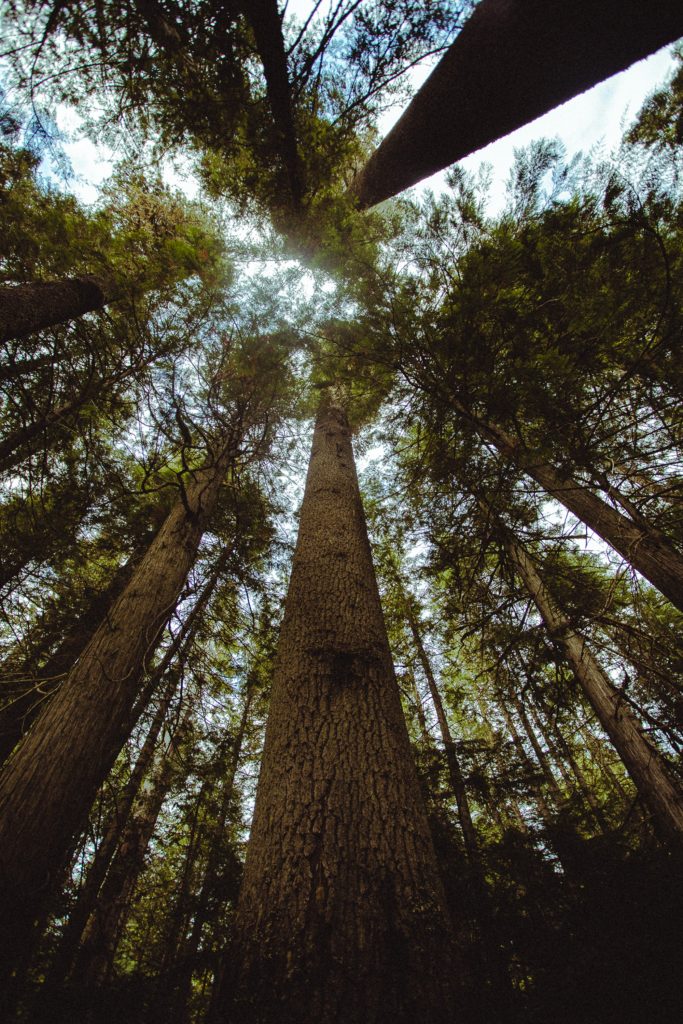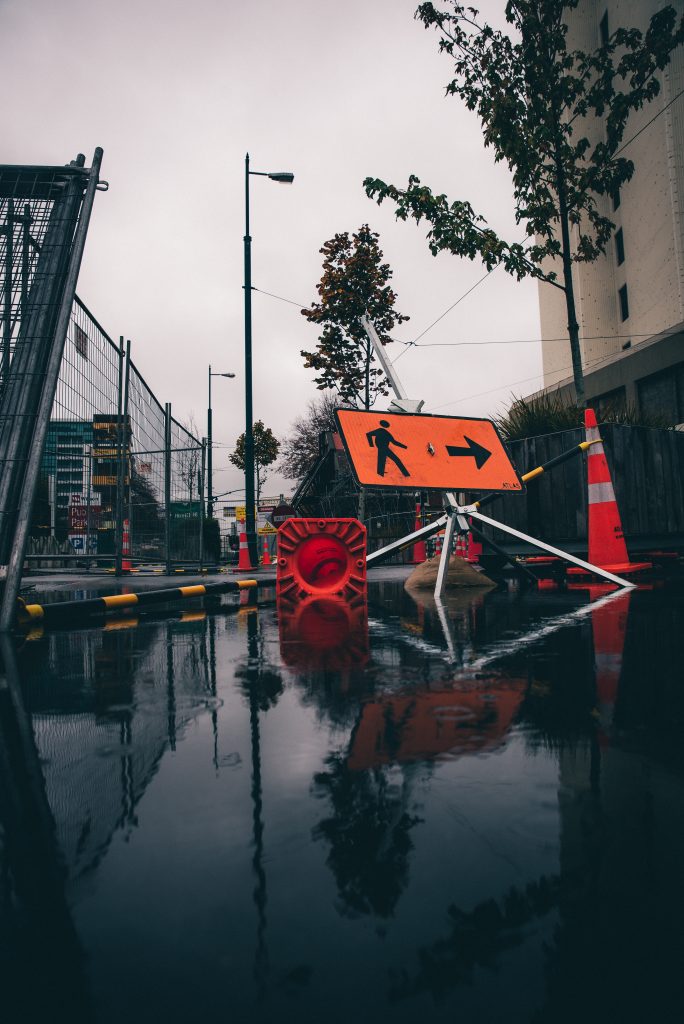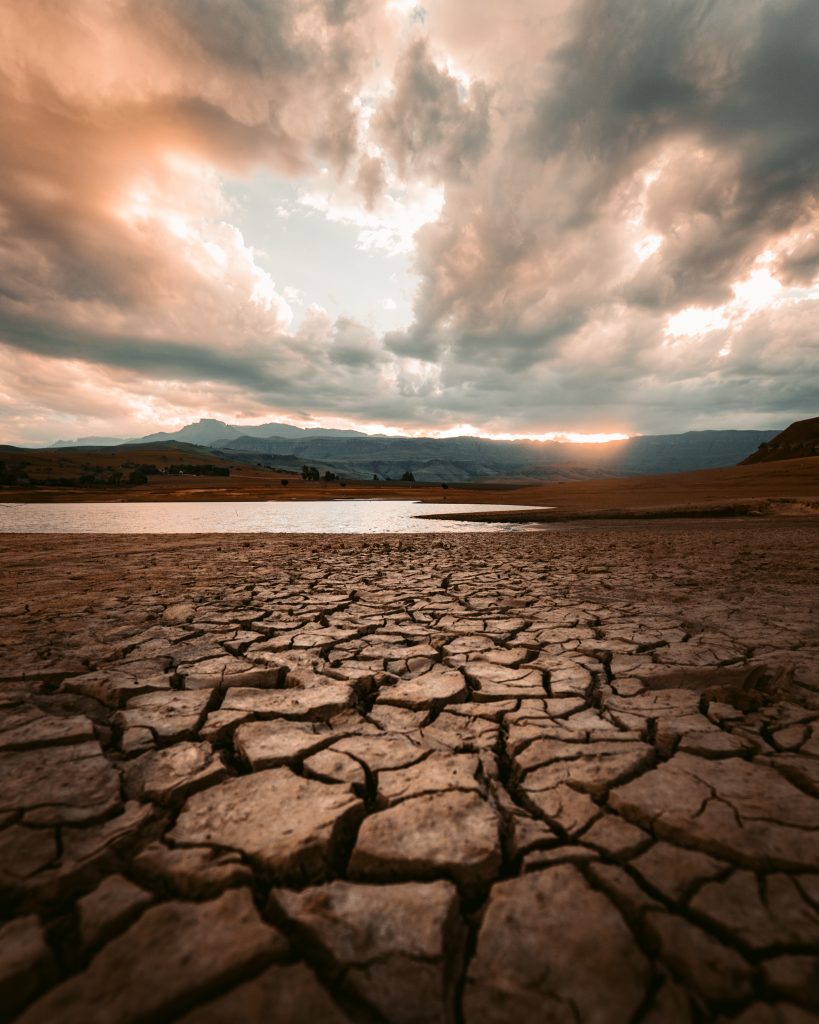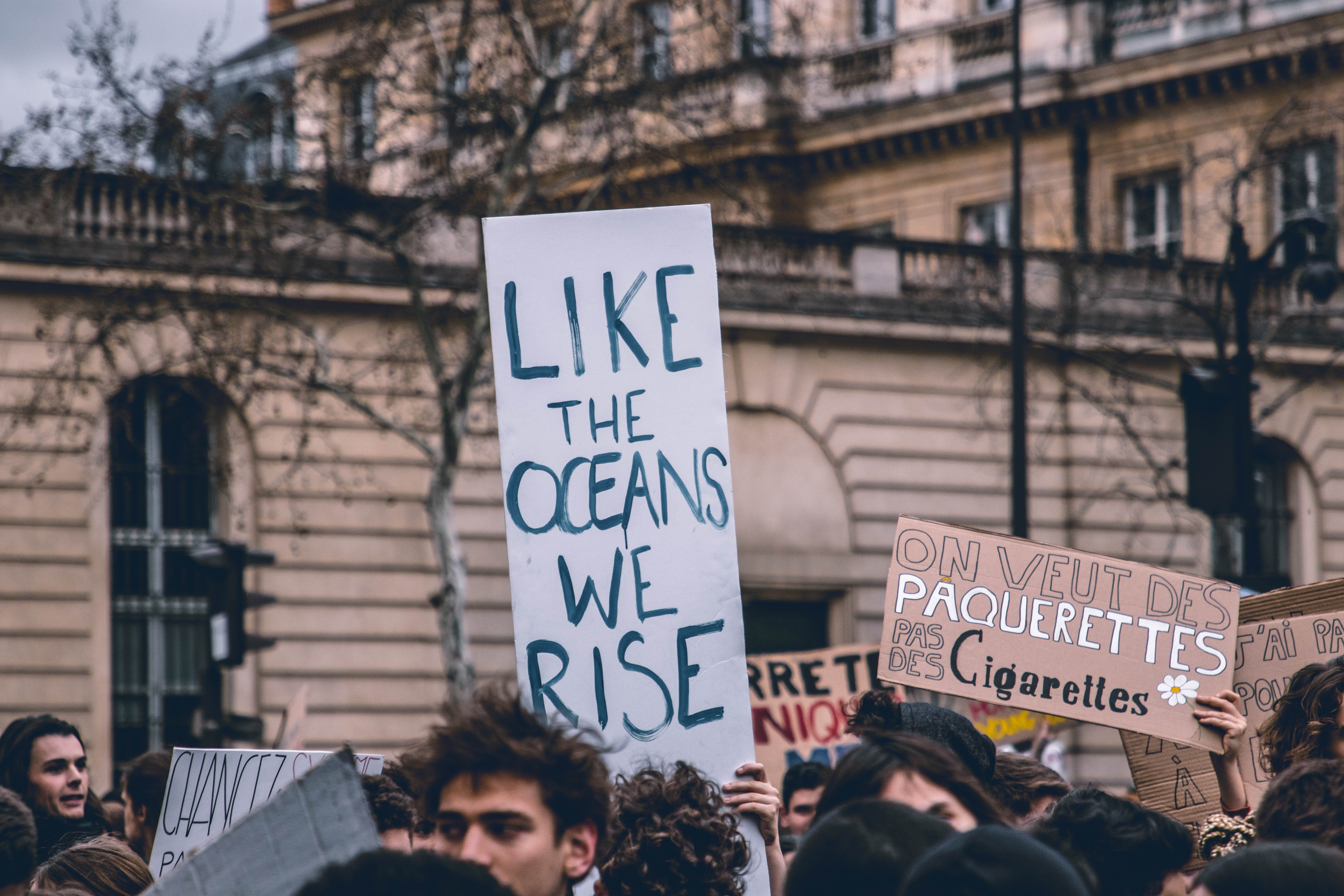The talk around climate change has intensified over the last few months. It seems as if every week there’s a new report on the devastating effects of it. The most troubling report recently is one by David Spratt Research Director for Breakthrough National Centre for Climate Restoration Melbourne. The report states “the scale of destruction is beyond our capacity to model, with a high likelihood of human civilization coming to an end by 2050”. It’s safe to say global warming and climate change is real and is happening, yet we are still struggling to be eco-friendly. A factor for this is simply because people believe it has not started to affect them yet but is this true? While many look at climate change and how it’s affecting the planet, I’ve decided to take a different approach and address the economic impact it is having on us.

Forests cover 30% of the planet and they’re vanishing rapidly, according to World Bank between 1990 and 2016, we’ve lost 1.3 million square kilometers of our forests, that’s a little over 15 times the size of Ireland. We’re losing our forests for a few reasons- wildfires, chopping them down and species thriving due to climate change that are wreaking havoc on trees (U.S. Forest Service state that 100,000 beetle-infested trees fall daily across the United States). Deforestation is costing us trees we need to absorb the carbon dioxide that we exhale and trap greenhouse gases we emit it is also costing us a whopping $5,000,000,000,000 a year through the loss of biodiversity according to The Economics of Ecosystems and Biodiversity. In a report done to highlight the effects of deforestation, it stated that the annual economic value of the 63 million hectares of wetland worldwide is said to total $3.4bn, the pharmaceutical market alone worth $640bn marks up 50 percent of its products from natural resources. At the extraordinary rate we’re losing trees, dozens of countries are launching initiatives to plant trees but this also costs money. The average cost to plant a tree is $0.10, according to Dr. Thomas Crowther to reverse climate change we would need to plant 1.3 trillion trees, which would essentially cost $120bn. That clearly isn’t going to happen but we have seen countries make efforts, the New Zealand government has vowed to plant 1 billion trees in 2019 and allocated stunning $120 million towards it. Who knew trees could be so costly?
Climate change has increased the likelihood of floods drastically in many areas. The world is getting warmer due to humans emitting more and more greenhouse gases, this causes temperatures to rise along with precipitation. The annual precipitation rate across the globe has increased at an average rate of 0.08 inches per decade. The increase of rainfall is factoring to the increase of flash floods that we are experiencing, according to NRDC floodings are set to rise by 45% by century’s end. During floods housing and infrastructure take a significant impact, on average flooding cost $4.3bn.

With temperatures rising this has caused ocean temperatures to increase and ice caps melting resulting in higher sea levels, all of which have caused hurricanes to intensify. In 2017 three major Hurricanes hit the United States- Harvey, Irma, and Maria. The three hurricanes together had the most amount of damage ever caused by hurricanes at $265bn. In response to these events, the US Congress passed two supplemental bills giving FEMA total spending of $130bn. Their budget for 2017 was $18bn.
The US coastal population makes up 40% of the US workforce and contributes to 46% of US gross domestic product. Many are forced into unemployment after disaster strikes due to damage to their homes, workplace, infrastructure, etc. Therefore causing the unemployment rate to rise, contributing to an increase in government aid and spending.

There has been an increase in droughts over the last few years, As noted earlier the earth’s temperature is rising causing dry regions to stay drier over a longer period of time. Severe Droughts have proven to have quite a significant impact on our economy. The agricultural industry has taken hits as farmers livestock and crops are being affected. In 2012 the US department for agriculture declared a natural disaster in 2,245 counties, over 71% of the United States as a result of severe droughts. It should be noted that in 2012 the agricultural industry contributed $179.6bn to US GDP. Since 1980 there have been 26 severe droughts that have surpassed a billion dollars and caused 2,993 deaths. Prolonged droughts aren’t only affecting the US. It has caused the production of agricultural sectors in developing countries to plummet, this has led to the resurgence of antecedent problems such as famine, civil conflict, and migration to avoid these conditions. A report published by the UN stated that between 2005-2015 drought has caused $96 billion in damaged or lost crop and livestock production.
Conditions caused by drought has been linked to numerous wildfires across the globe. In California alone, there were a reported 8,054 wildfires in 2018. Accuweather estimates stated that the 2018 wildfires damages cost the state $1bn to put the fires out and a total of $400bn in economic losses. Munich Reinsurance company attributed $24bn in losses to California wildfires and have warned that insurance premiums will continue to rise as a result of these wildfires.
The planet getting warmer just continues to add to a list of preexisting problems. Malaria is the worlds biggest killer and its no surprise the majority it effects are developing countries. Mosquitoes are thriving as countries are getting hotter. Malaria costs Africa $12bn annually with the cost of healthcare, the decline in population and loss of investment and tourism. Malaria claims the lives of over 600,000 every year and is on the rise all thanks to climate change.
To claim climate change is not a pressing issue it would be far from naive and borderline idiotic. This article has proven it not only claims the lives of millions but affects the wallets of billions globally. So as the temperature rises and the clock on humanity counts down we must look at ourselves and question how can we do better? From as little as picking up litter of the ground to exploring renewable energy, every little bit will make a difference. As former president of France, Francois Hollande stated – ” We have a single mission: to protect and hand the plant onto the next generation”.

